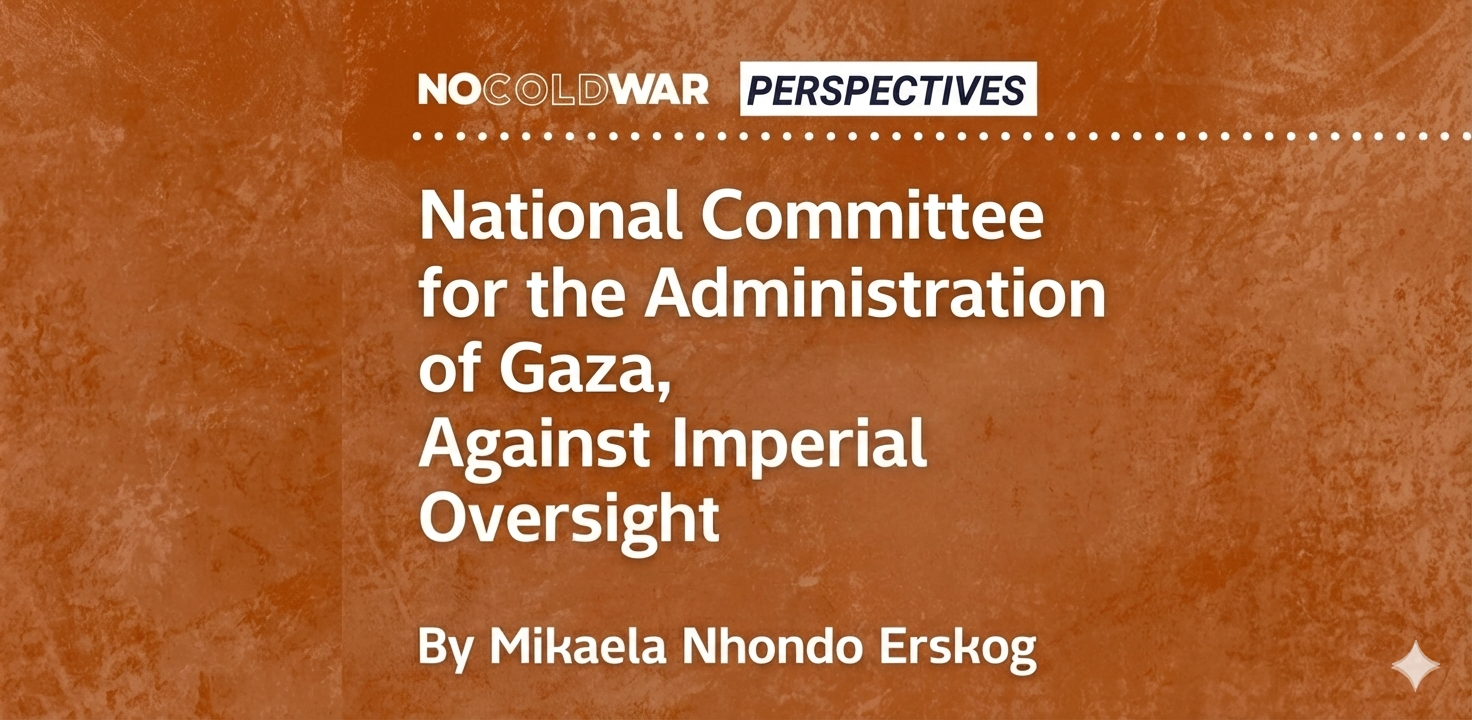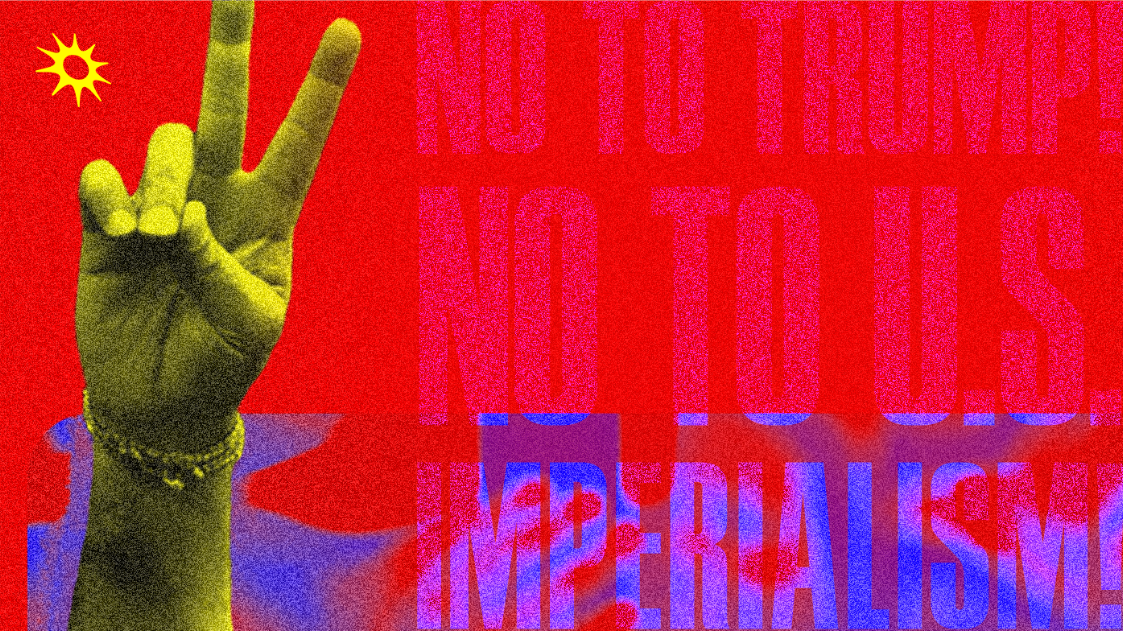UnFreedom Day: Reclaiming the Meaning of Liberation in Post-Apartheid South Africa
“We will continue to build our power from below, until freedom is not just a day on the calendar, but a reality in our lives”. AbM
During April each year, before South Africa celebrates Freedom Day on April 27 — the commemoration of the country’s first democratic elections in 1994 — a rejection of ‘fake freedom’ in the form of a defiant commemoration takes place in the heart of South Africa’s impoverished communities. Known as UnFreedom Day, this annual political and social event is not about celebration, but resistance and struggle. It is a declaration by the poor and landless that freedom remains an unfulfilled promise.
Organized by the grassroots movement Abahlali baseMjondolo (AbM), UnFreedom Day was first held in 2006 in Durban, KwaZulu-Natal, and has since become a key moment of resistance in the country’s political calendar. Abahlali baseMjondolo, which means “the residents of the shacks”, represents thousands of South Africans living in informal settlements — communities where poverty, marginalization, and state neglect are woven into the fabric of daily life.
For these communities, April 25 is not a day of joy, but of reckoning. It is a stark reminder that while apartheid may have formally ended, the structural inequalities it entrenched remain deeply rooted. “Freedom without land, food, and dignity is not freedom”, AbM President S’bu Zikode proclaims. And so, on the very day the state celebrates liberation, the country’s organised impoverished people gather to declare: “We are not yet free.”
The Origins of UnFreedom Day and the Political Message
The birth of UnFreedom Day came as a response to growing disillusionment with the post-apartheid settlement. As the gap between the rich and poor widened, and as state repression against grassroots movements intensified, AbM and other social movements recognized the need for an alternative narrative — one that centers the voices of the excluded.
Official Freedom Day ceremonies, they argue, have become sanitized and elite-driven, celebrating a narrow vision of democracy that does not resonate with the lived realities of millions. In contrast, UnFreedom Day exposes the betrayals and shortcomings of the liberation struggle — from unfulfilled promises of land reform to the persistent housing crisis and lack of basic services in working-class areas.
At the core of UnFreedom Day is a radical and urgent political message. It challenges not only the current Government of National Unity, but also the post-apartheid political and economic system that, in the eyes of many, has simply rebranded inequality rather than dismantled it.
Freedom Without Land, Housing, or Dignity Is Not Freedom: Despite formal liberation, millions of people remain landless, living in unsafe and overcrowded shacks, often without access to water, electricity, or sanitation. Unemployment, particularly among youth, remains sky-high, while informal work and precarious livelihoods dominate the lives of the poor.
The shack dwellers’ movement insists that real freedom must go beyond the right to vote or the presence of a constitution — it must include material justice, dignity, and inclusion. For many, the dream of liberation has become a nightmare of exclusion.
Like popular organisations all over the world, AbM has learnt that genuine freedom is not bestowed upon their people but rather struggled for through mass mobilisation and organisation.
A Harsh Critique of Post-Apartheid Governance: UnFreedom Day is also a searing indictment of the failures of the post-1994 state. AbM and allied movements accuse the Government of National Unity of abandoning the poor, entrenching corruption, and aligning with elite interests over those of ordinary citizens.
Instead of redistribution, they see evictions, state repression, and the criminalization of poverty. The neoliberal economic model adopted in the transition years, they argue, has deepened inequality rather than healed it.
Reclaiming the Political Voice of the Marginalized: Far from being a day of despair, UnFreedom Day is a celebration of grassroots resistance. It is a space where shack dwellers, workers, landless people, and youth gather to share their stories, build alliances, and articulate alternatives. Here, democracy is not defined by parliament or political parties, but by people’s assemblies, collective decision-making, and direct action.
The slogans that echo through these gatherings — “Democracy from below,” “The poor are not voiceless; they are silenced” — are not rhetorical statements. They reflect a living political project, rooted in the belief that freedom must be fought for, again and again, from the ground up.
A Day of Protest, Culture, and Community
UnFreedom Day is marked by a rich blend of political activism and cultural expression. The day typically features mass rallies, public protests, marches, community speeches, music, poetry, and theatrical performances. Films are screened, discussions are held, and strategies for future struggles are developed. It is a day of both mourning and mobilizing — a moment to grieve the broken promises of 1994, and to renew the fight for a better future.
Thousands attend these events, with delegations from other provinces and allied movements in solidarity. The gatherings are also spaces of care and mutual support, often including food distribution, youth programs, and legal advice. In the buildup to UnFreedom Day, AbM activists visit hundreds of communities, leading collective discussions and organising the people’s demands.
Yet UnFreedom Day is not without danger. Abahlali baseMjondolo has faced severe and sustained repression from both the state and local power brokers. Its members have been harassed, jailed, tortured, and assassinated. The movement’s insistence on independence from political parties and its fearless critique of the ruling order have made it a target.
Despite this, the movement has grown stronger and more organized, continuing to defend communities from evictions, demand access to land and services, and nurture a vision of democratic life beyond electoral politics.
We are not free until the people of Palestine and Congo are free: AbM has consistently stood with the people of Palestine and the Congo, calling for peace, justice and an end to the genocides. Along with local issues, this year’s UnFreedom Day aims to elevate these international struggles.
AbM’s UnFreedom Day will take place on April 25 in Durban, KwaZulu Natal Province and on April 27 in Mpumalanga and Gauteng Provinces.


